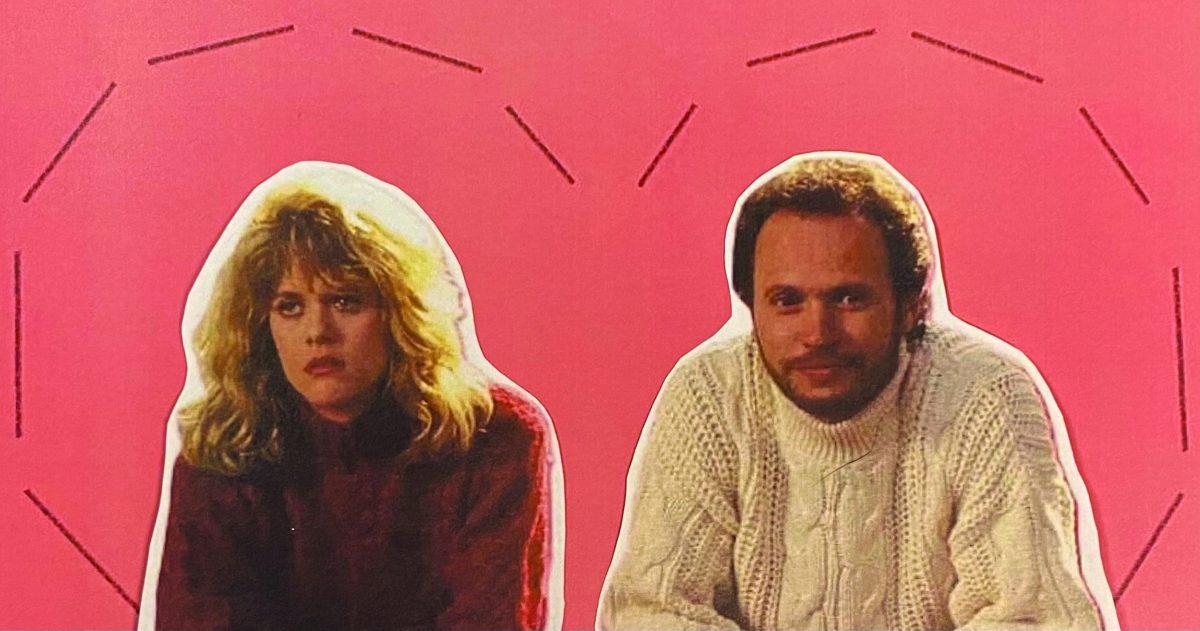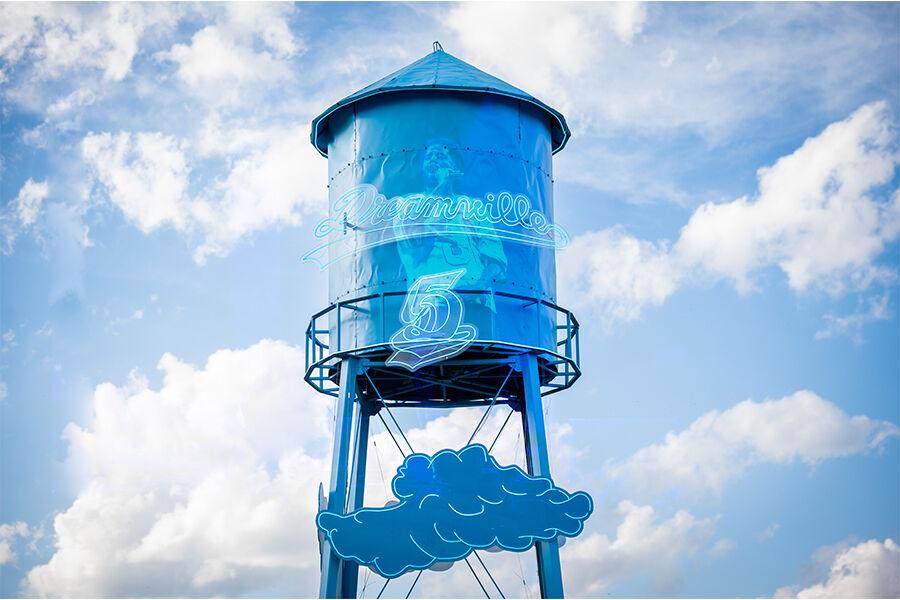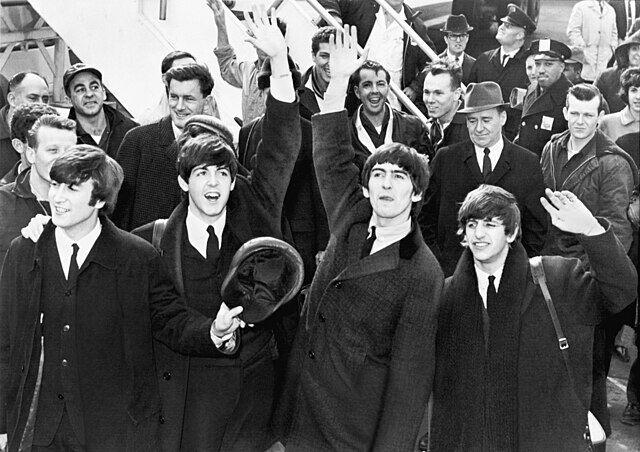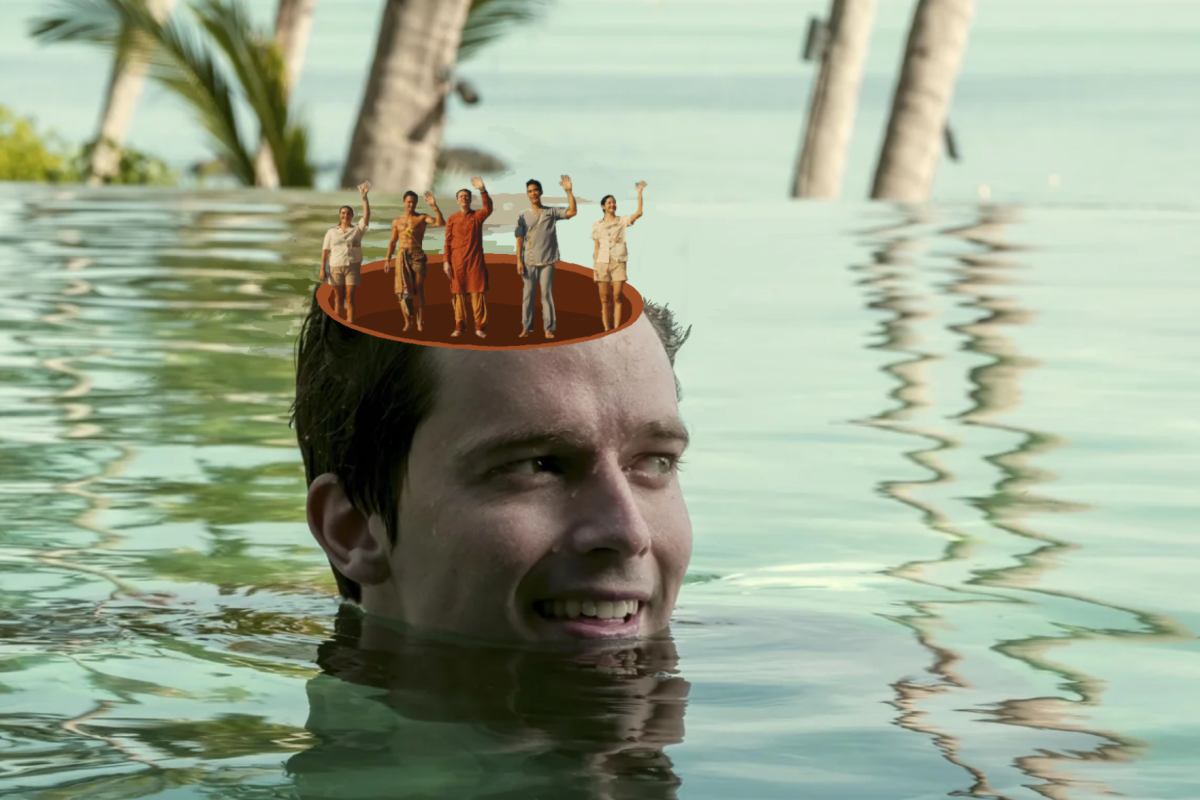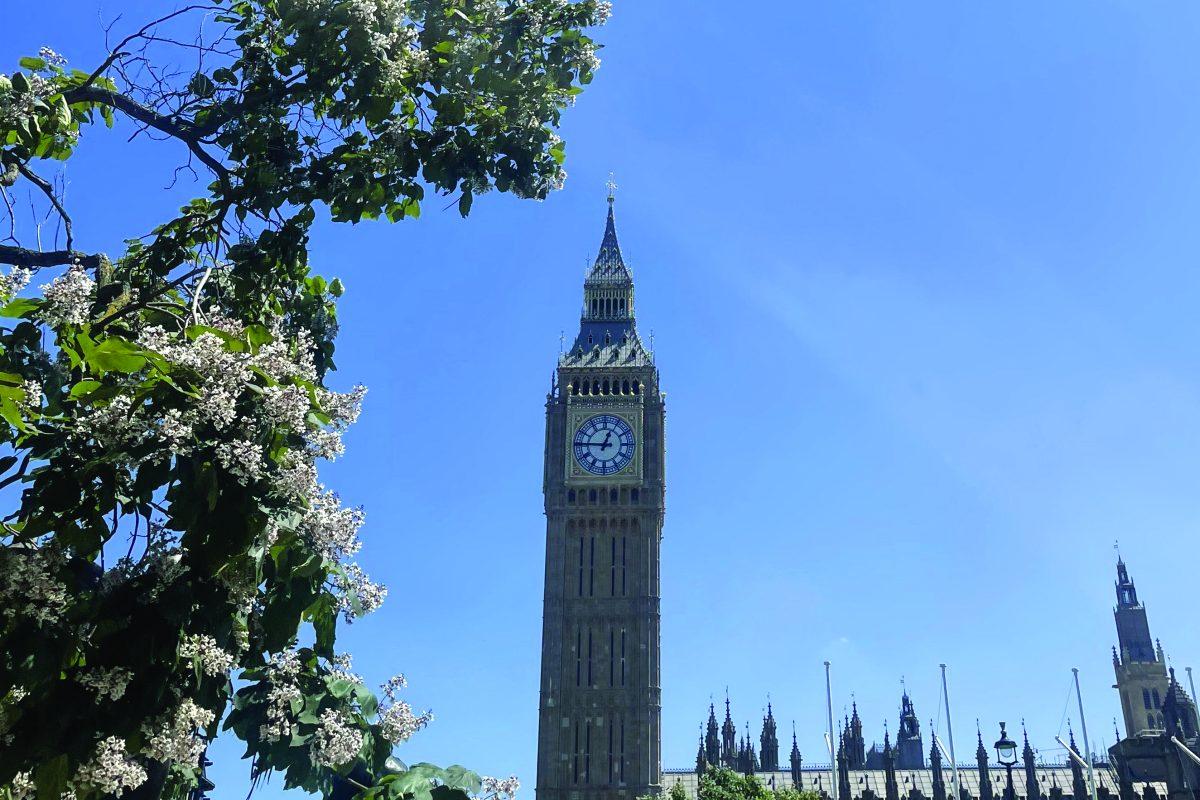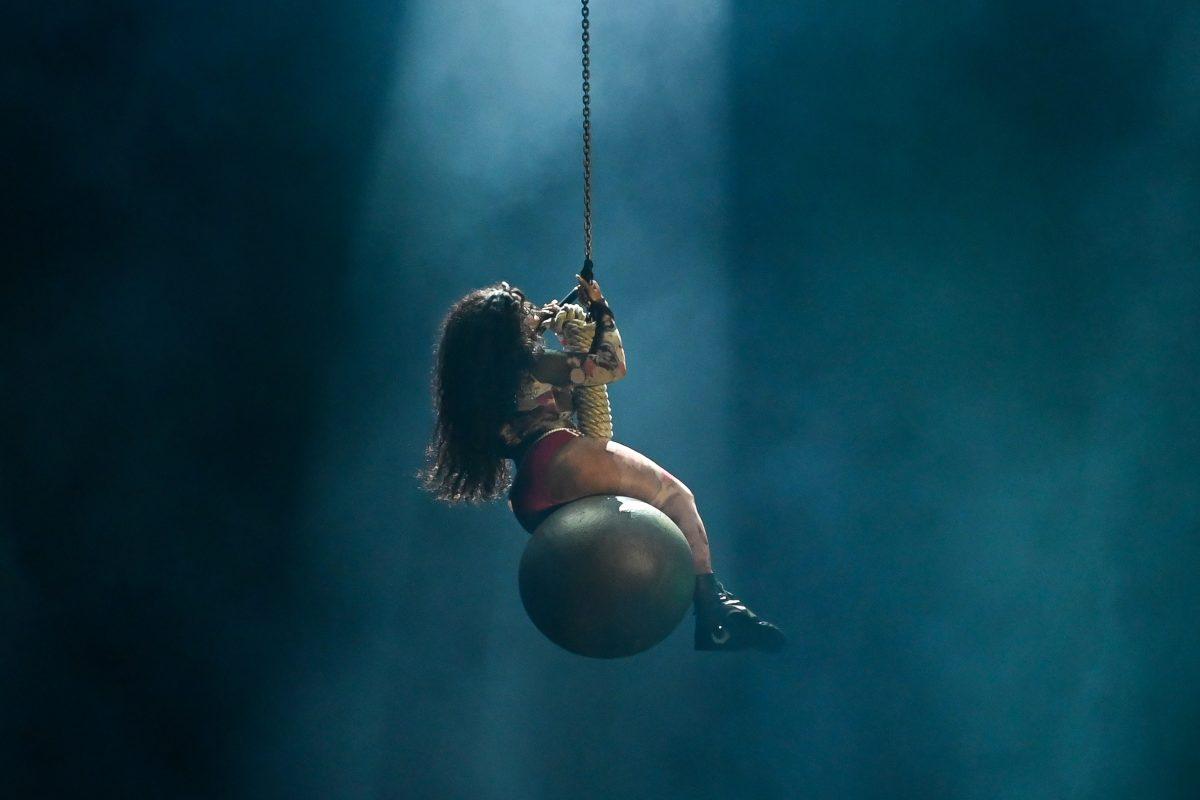Despite over 30 romantic comedies being released last year alone, some consider the genre to be dead, holding modern romance films against the rom-coms of the ‘90s and early 2000s and being disappointed when the same quality isn’t emulated.
Tommy Jenkins, lecturer in the English department, said this longing for a decade of the past isn’t something new but that nostalgia is one of many contributing factors in the renewed love for ‘90s rom-coms.
“In some respects, every generation gets some nostalgia for two generations before them,” Jenkins said. “I think that’s fairly common. In the ‘80s, there was a lot of nostalgia looking back on the ‘60s, which don’t seem so great. But, the movies and music? They were.”
Jenkins said the nostalgia for the ‘90s may be partially attributed to the societal and technological differences between now and then.
“This is a generalization, but [the ‘90s] were a last grasp for Hollywood before streaming came into play,” Jenkins said. “Once streaming came into play … it’s kind of hard to keep up with all of the content that’s available to us now. In the ‘90s, it was still like, ‘Hey, look at this big romantic comedy.’ … It’s more difficult for movies to do that now unless they really break through.”
Sarah Grunder Ruiz, lecturer in the English department and romance author, said the preservation of long-loved tropes ensures that classic stories of romance and romantic fiction remain somewhat uniform, and the ‘90s did a particularly good job of portraying beloved romance tropes.
“The films of the ‘90s follow the traditional romance tropes you see in the genre,” Grunder Ruiz said. “I think that in general romance, whether it’s a book or a film, that’s all it’s about. There’s a sense of safety in exploring various themes, tropes in those sorts of movies and books, and you’re guaranteed a happy ending.”
Jenkins and Grunder Ruiz both pointed to increasing diversity as the biggest change in rom-coms over the last few decades.
“One of the big differences in content, which is a good thing, is that there is more diversity in the people that we’re seeing being romantically involved,” Jenkins said. “And we didn’t get that as much in the ‘90s. In the ‘90s, it was more going to be straight white people.”
Jenkins said there were rom-coms featuring diverse characters in the ‘90s, but that they were often marketed to specific and niche audiences rather than the whole moviegoing population.
“I don’t mean to say there weren’t other movies, but one of the things that streaming has done, in some ways, is it’s kind of brought this democracy to content,” Jenkins said. “If we’re going to see … a romantic comedy that’s going to feature minorities, in the ‘90s, it would have been an independent movie. If it’s going to feature African Americans, it’s going to be geared and marketed for African American people. Whereas now, you can see that these films have become very, very popular.”
Jenkins said “Crazy Rich Asians” could be considered an example of a modern-day rom-com that features a diverse cast while preserving typical rom-com tropes comparable to those of the ‘90s.
“There’s that very common element of ‘Oh, the family doesn’t approve. His family or her family doesn’t like the other romantic partner,’” Jenkins said. “And there are conflicts about all kinds of things that have been around forever. But, in that particular diverse setting, though, a mainstream audience hasn’t seen that.”
Jenkins said the fact that media mirrors our society can make ‘90s rom-com magic hard to emulate today without actually being in the ‘90s. Despite the preservation of certain tropes, the need to modernize ‘90s rom-coms came from a modernizing society. Since we live in the digital age, it’s impossible to make a film without the incorporation of technology or social media.
“If you are writing a romantic comedy today, you’re going to have to include something with social media because everybody’s on social media now,” Jenkins said.
The magic of the ‘90s rom-coms may have relied on the absence of social media, making it difficult for films today to emulate the same tropes to such a strict degree. Jenkins said there were defining characteristics of ‘90s films that can’t realistically be recreated today, such as the classic miscommunication trope seen throughout ‘90s media, including in ever-famed ‘90s sitcoms such as “Frasier.”
“To create these romantic entanglements in the ‘90s, you could do all kinds of things where people miscommunicate because everybody didn’t have a cell phone,” Jenkins said. “Now, it’s like we’re texting each other, we’re gonna know where everybody is and doing all the time.”
Grunder Ruiz and Jenkins said they believe that the long-loved tropes from the ‘90s still exist in rom-coms and romantic fiction today but that they’ve required a kind of modernizing on account of an increasingly modernizing society.
What we miss in the ‘90s rom-coms might not be just the stories themselves, but the preservation of what might seem to be a simpler society that, by design, allowed for more immersive and entertaining stories.


